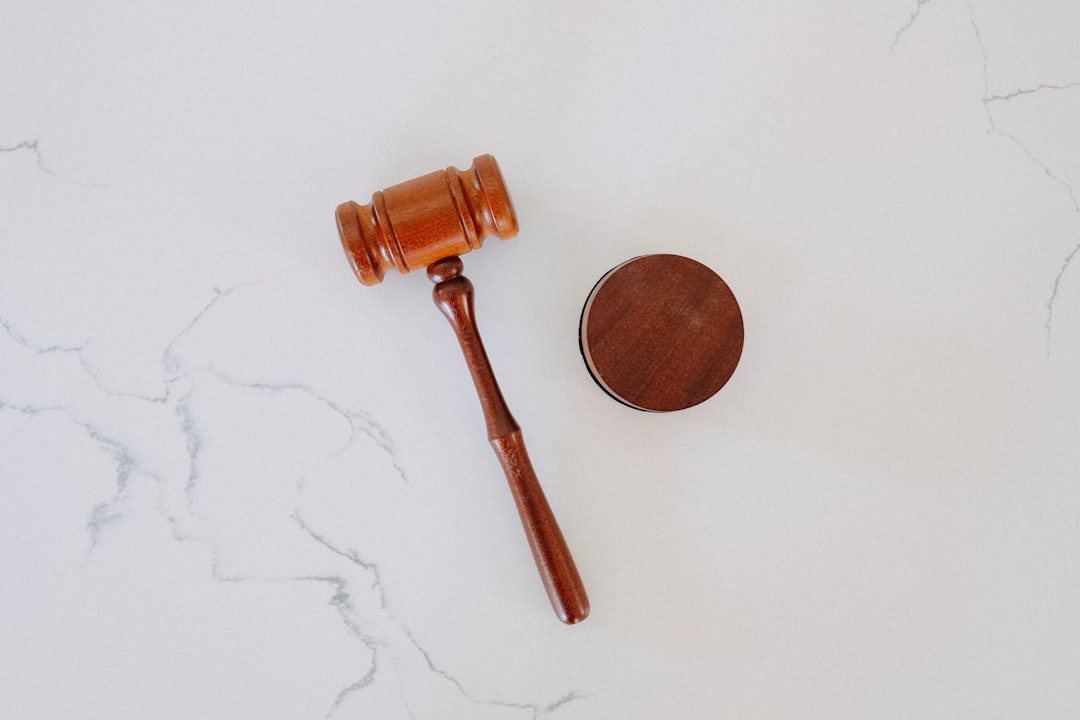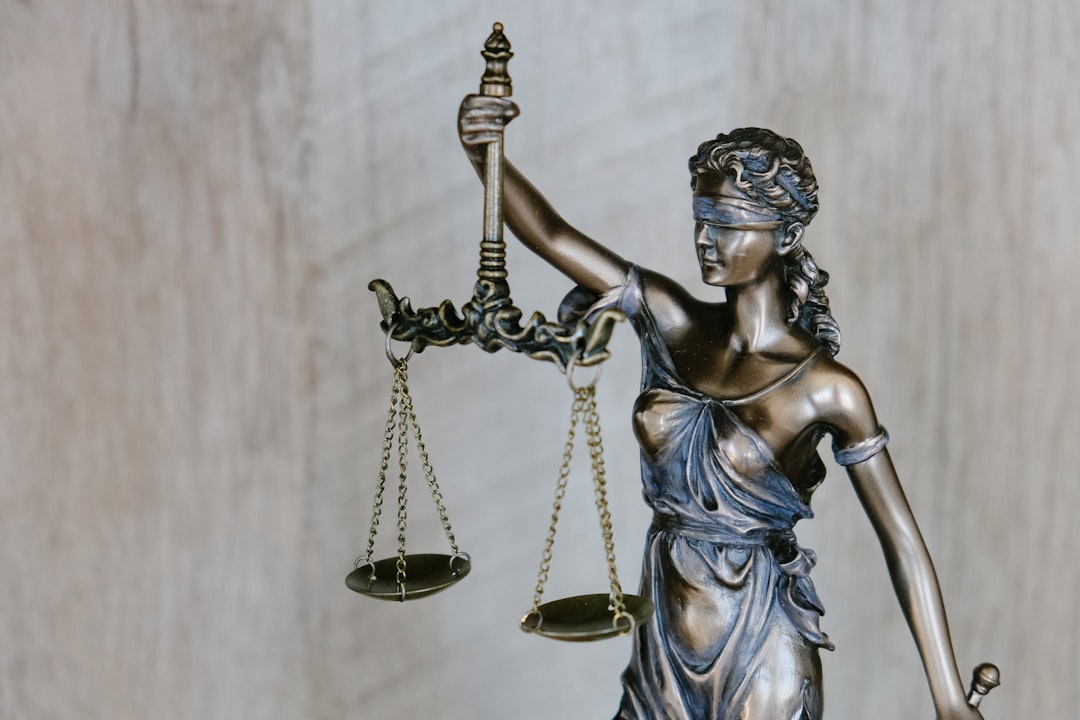Polygraph tests, while used for decades in Maryland's sexual assault investigations, should not be considered conclusive. These tests measure physiological responses but are subject to bias and flaws. Sexual assault lawyers in Maryland must navigate this complexity, using case law and expert testimony to advocate for or challenge polygraph results. They prioritize alternative evidence like forensic exams and psychological testimony to ensure justice while preserving clients' rights and dignity. For legal guidance within Maryland's frameworks, consulting a reputable sexual assault law firm is recommended.
In Maryland, polygraph tests play a controversial role in sexual assault cases. This article explores the utility and limitations of these tests from multiple angles. We begin by demystifying polygraphs as a tool in investigations, delving into their mechanics and how they’re administered. Next, we examine the legal perspective: admissibility guidelines, effectiveness in court, and relevant case law. Additionally, ethical considerations are discussed alongside alternative methods employed by sexual assault lawyers and attorneys in Maryland to secure justice for victims.
Understanding Polygraph Tests: A Tool in Sexual Assault Investigations

Polygraph tests, also known as lie detector tests, have been a tool in sexual assault investigations for decades. These tests are designed to measure physiological changes in response to questions asked by a trained administrator. By evaluating factors like heart rate, blood pressure, and breathing patterns, polygraphs aim to detect truthfulness or deception. However, it’s crucial to note that while they can provide valuable insights, polygraph results should never be considered definitive proof.
In Maryland, where sexual assault cases are taken seriously, polygraph tests are often used as part of the investigative process. A sexual assault lawyer in Maryland or a specialized sexual assault attorney from a reputable law firm can help navigate these complex cases. These legal professionals understand the intricacies of polygraph administration and interpretation, ensuring that their clients’ rights are protected throughout the investigation. They also recognize when polygraph evidence might be admissible in court, working to achieve justice for survivors while upholding the integrity of the legal system.
The Legal Perspective: Admissibility and Effectiveness in Maryland Courts

In Maryland, the use of polygraph tests in sexual assault cases is a complex legal matter. While polygraphs, or lie detectors, have been employed to assess truthfulness, their admissibility in court is subject to specific rules and regulations. As a sexual assault lawyer Maryland residents trust, it’s crucial to understand these nuances.
Maryland courts have historically had a cautious approach towards polygraph evidence, often weighing the potential for bias and inherent flaws in the testing process against their probative value. The effectiveness of polygraphs in determining guilt or innocence is debated among experts, leading to inconsistent outcomes. Sexual assault attorneys Maryland relies on must carefully navigate this legal landscape, presenting relevant case law and expert testimony to advocate for or challenge the admission of polygraph results, ensuring a fair and just trial for all parties involved.
Ethical Considerations and Alternative Methods for Sexual Assault Cases

When considering the role of polygraph tests in sexual assault cases in Maryland, it’s crucial to balance their potential evidentiary value with significant ethical considerations. These tests, while aimed at establishing truthfulness, can be inherently subjective and prone to interpretation. Moreover, they may not account for factors like anxiety, trauma, or false positives, which can impact the accuracy of results. This raises important questions about the reliability of polygraphs as a sole determinant of guilt or innocence in sensitive sexual assault cases.
In light of these concerns, Maryland sexual assault lawyers and attorneys often explore alternative methods to address issues of truthfulness and accountability. These alternatives include comprehensive forensic examinations, expert witness testimony from psychologists specializing in trauma, and robust cross-examination strategies focused on potential biases or flaws in the polygraph process itself. Engaging with these diverse approaches ensures that justice is sought fairly and effectively, catering to the complex needs of sexual assault cases while respecting the rights and dignity of all involved parties. For those seeking advocacy in such cases, turning to a reputable sexual assault law firm in Maryland can provide expert guidance tailored to local legal landscapes and evolving standards of evidence.






